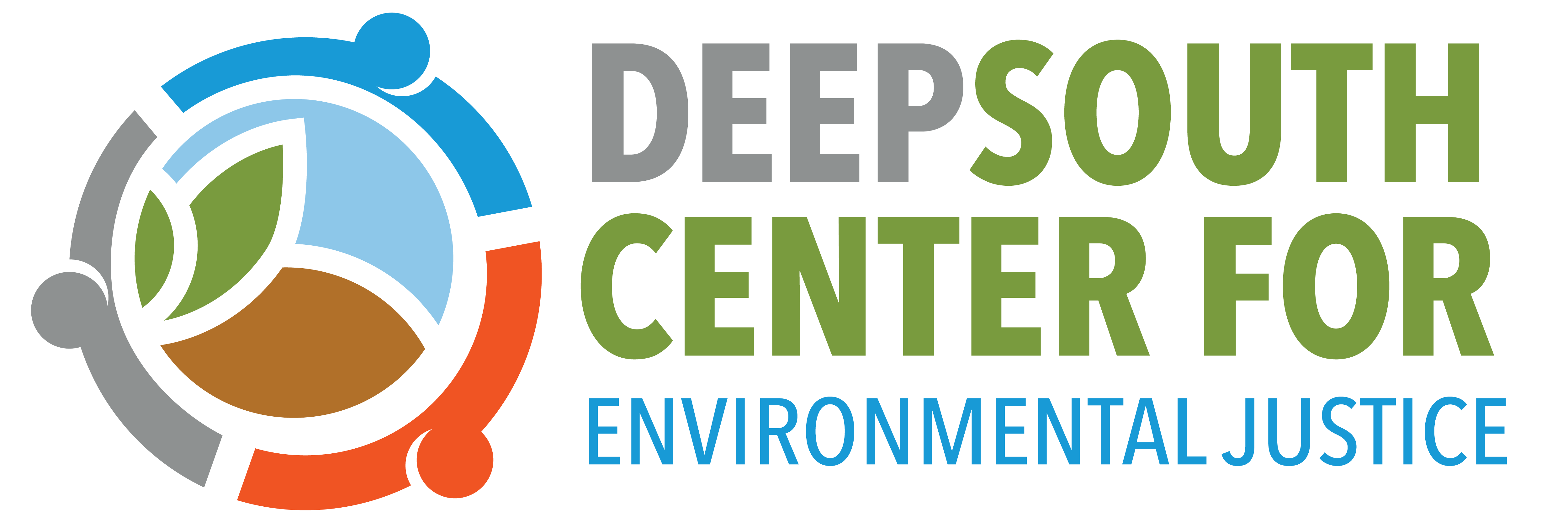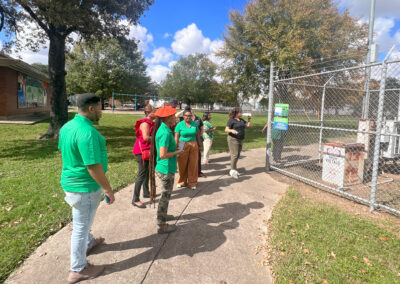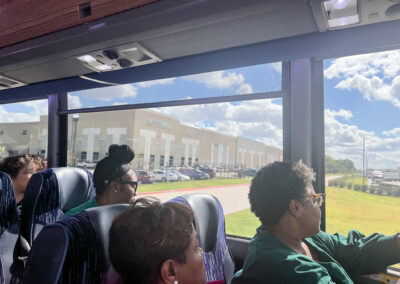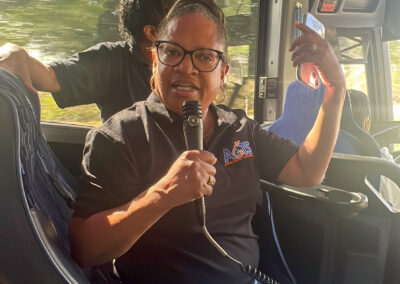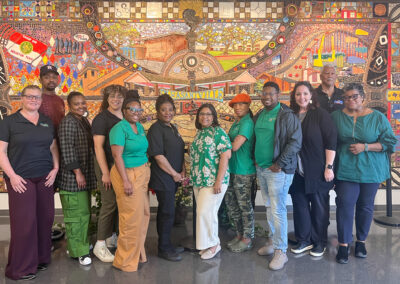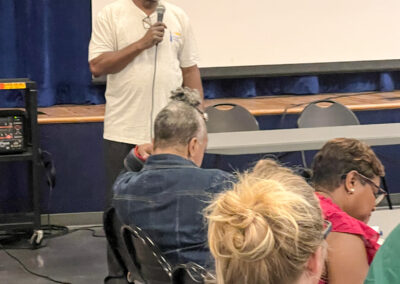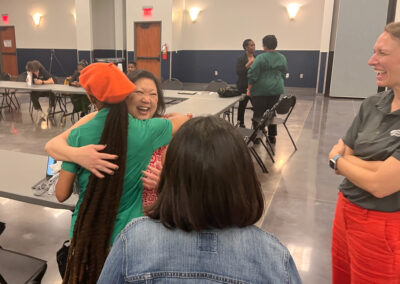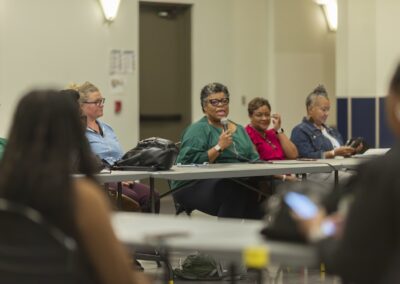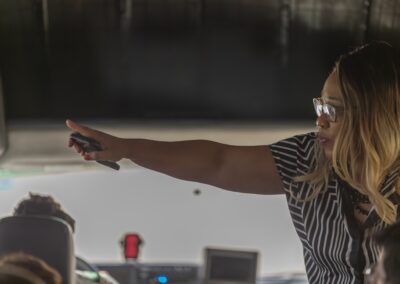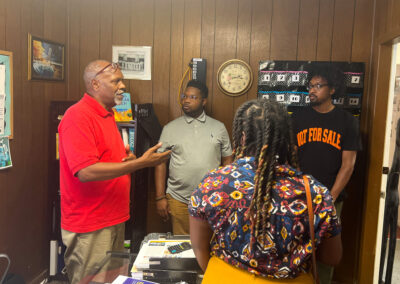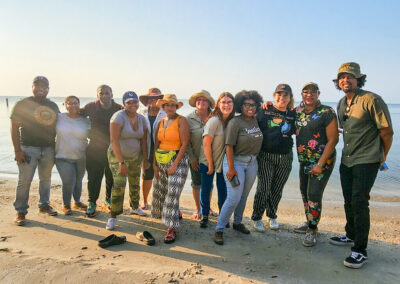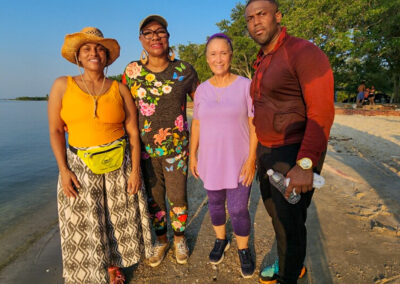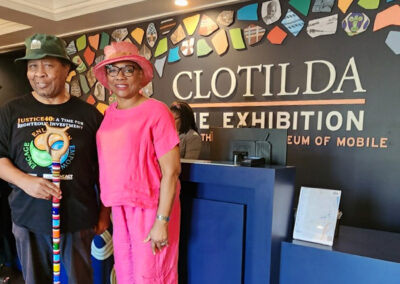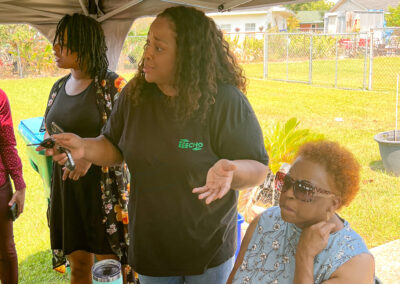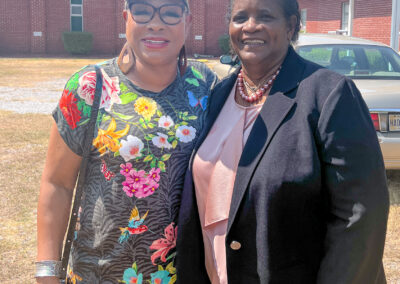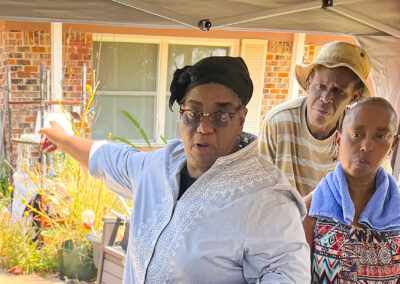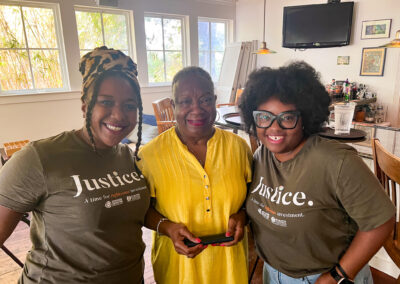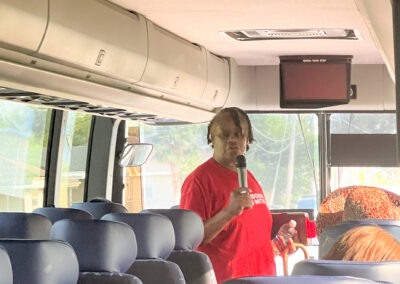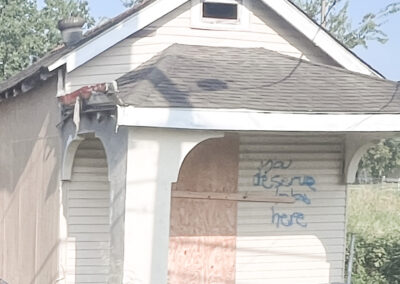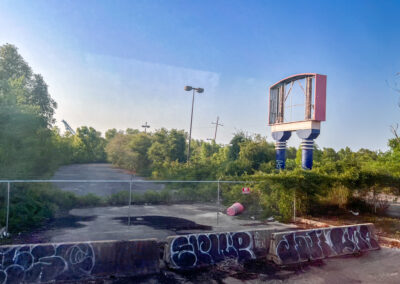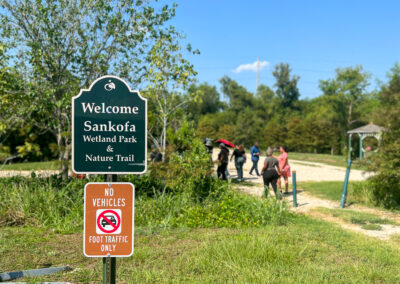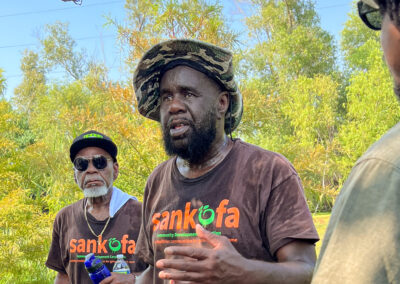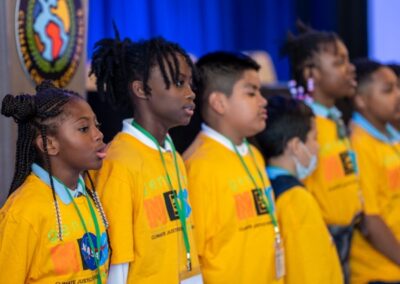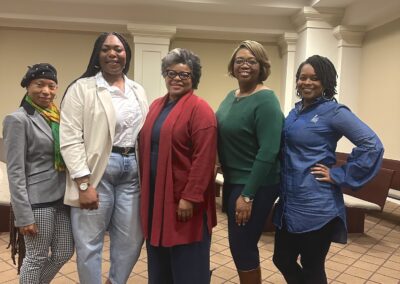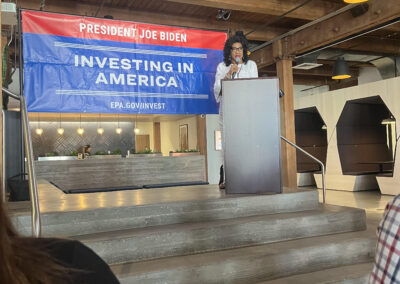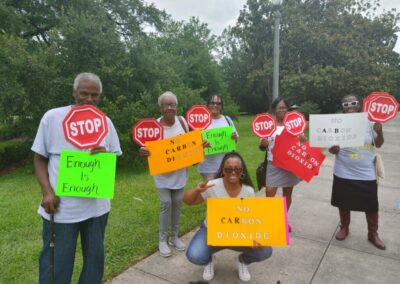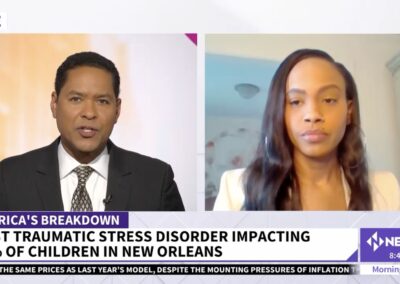What We Do
We DEVELOP an environmental careers workforce.
DSCEJ’s innovative worker health and safety training programs are funded by the National Institutes of Environmental Health Sciences (NIEHS).
The Center’s programs offer people, who are often recruited from DSCEJ’s partner communities, a suite of classes that prepare them for environmental careers. The classes offer rigorous health and safety training as well as education on personal development and life skills.
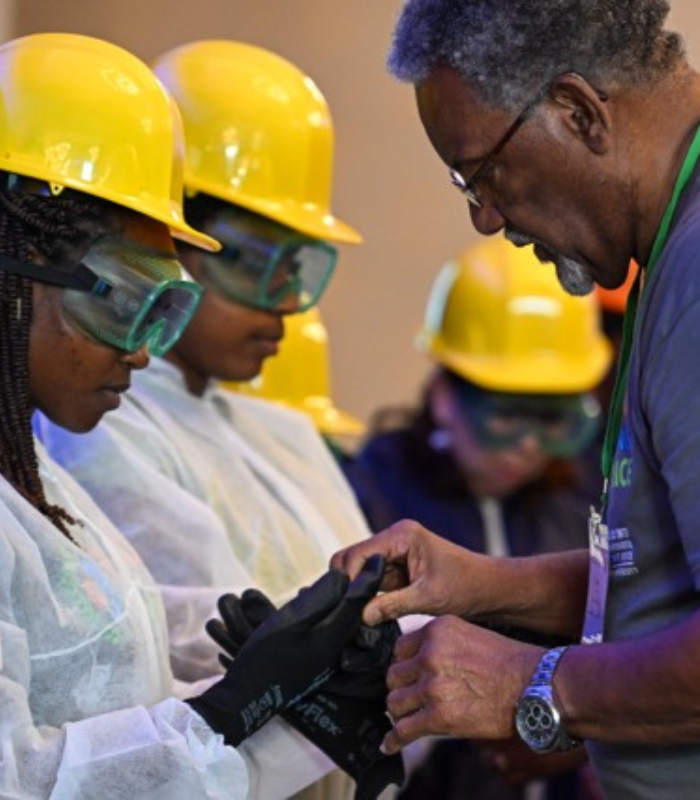
Students earn certifications in lead abatement, asbestos removal, mold remediation, and hazardous waste operations and emergency response. Since 1995, the Center has trained thousands in worker health and safety with a job placement rate of eighty-five percent (85%). In partnership with The Bullard Center for Environmental and Climate Justice at Texas Southern University and under a cooperative agreement with the National Institute of Environmental Health Sciences, the Center leads the Environmental Career Worker Training Program and the Hazardous Waste Operations and Emergency Response Program that has expanded to five states.
We CULTIVATE community leaders.
Since 1992, the Center has cultivated the leadership of people of color living along the Louisiana Mississippi River Chemical Corridor and in the broader Gulf Coast Region in the areas of environmental, social, and economic justice. DSCEJ has made great strides in catalyzing the incredible metamorphosis of local grassroots community residents into national and international advocates and experts.
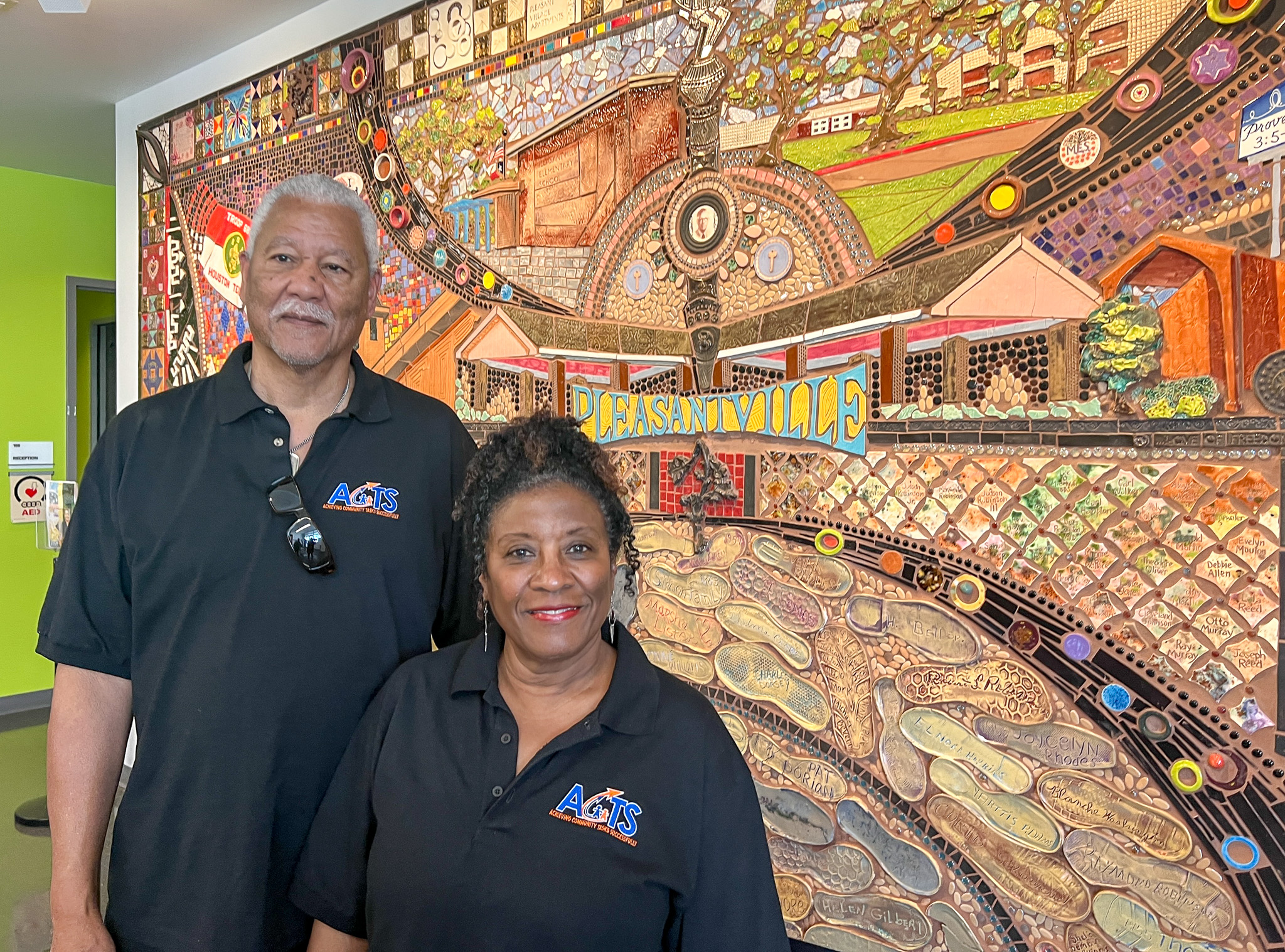
DSCEJ has become a powerful resource for environmental justice research, education and training and community empowerment. The Center has developed curricula that are culturally sensitive and tailored to the research, educational and training needs of the community. In partnerships with communities, the Center has developed and implemented projects focused on assessing environmental conditions, preventing environmental harm, conducting environmental clean-up, managing disaster recovery and rebuilding, and conducting worker training programs.
The Center has designed community capacity-building projects to also meet urgent needs in times of crisis that have included Hurricane Katrina, the BP Oil Drilling Disaster, Hurricane Sandy, Hurricane Ida and the Covid pandemic. Through these projects, the Center has helped communities to achieve important environmental justice victories.
We INSPIRE young scholars and future community leaders.
DSCEJ prioritizes the development of scholarship among college students in fields of study related to environmental justice and climate change. Through educational seminars on college campuses and integrating student interns into its programs, the Center provides students with opportunities for pursuing environmental careers.
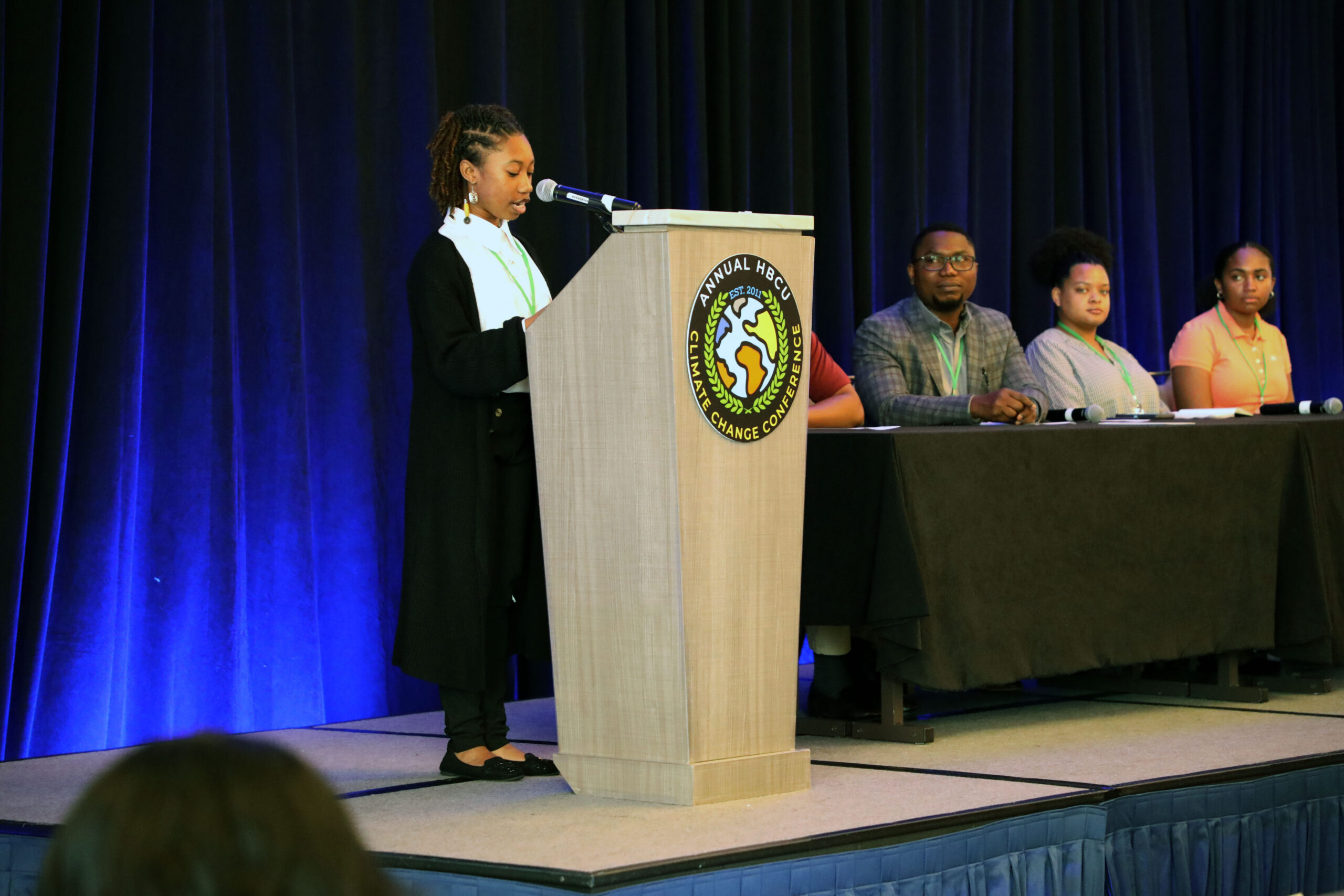
In more recent years, the Center has developed programs to increase the participation of HBCU students and faculty members in climate change research and policy. An area of focus for the Center is developing college-to-career pipelines for students to enter the myriad of disciplines involving environmental and climate justice.
In 2011, Dr. Beverly L. Wright and Dr. Robert Bullard spearheaded the development of the HBCU Climate Change Consortium, which currently comprises dedicated faculty members and students at 31 HBCUs in 16 states. The Consortium convenes the Annual HBCU Climate Change Conference which brings together noted scholars, climate experts, community leaders and HBCU students and faculty for a three-day program of intensive workshops, lectures, exhibits, and demonstration projects on climate change impacts and solutions.
We IMPROVE the lives of communities impacted by Climate Change.
The multifaceted work of the Center is interconnected across disciplines. We accomplish our mission by connecting communities, industry professionals, policy experts and academia to tackle the problems of underserved and marginalized communities. Community engagement has been a priority of ours since day one.
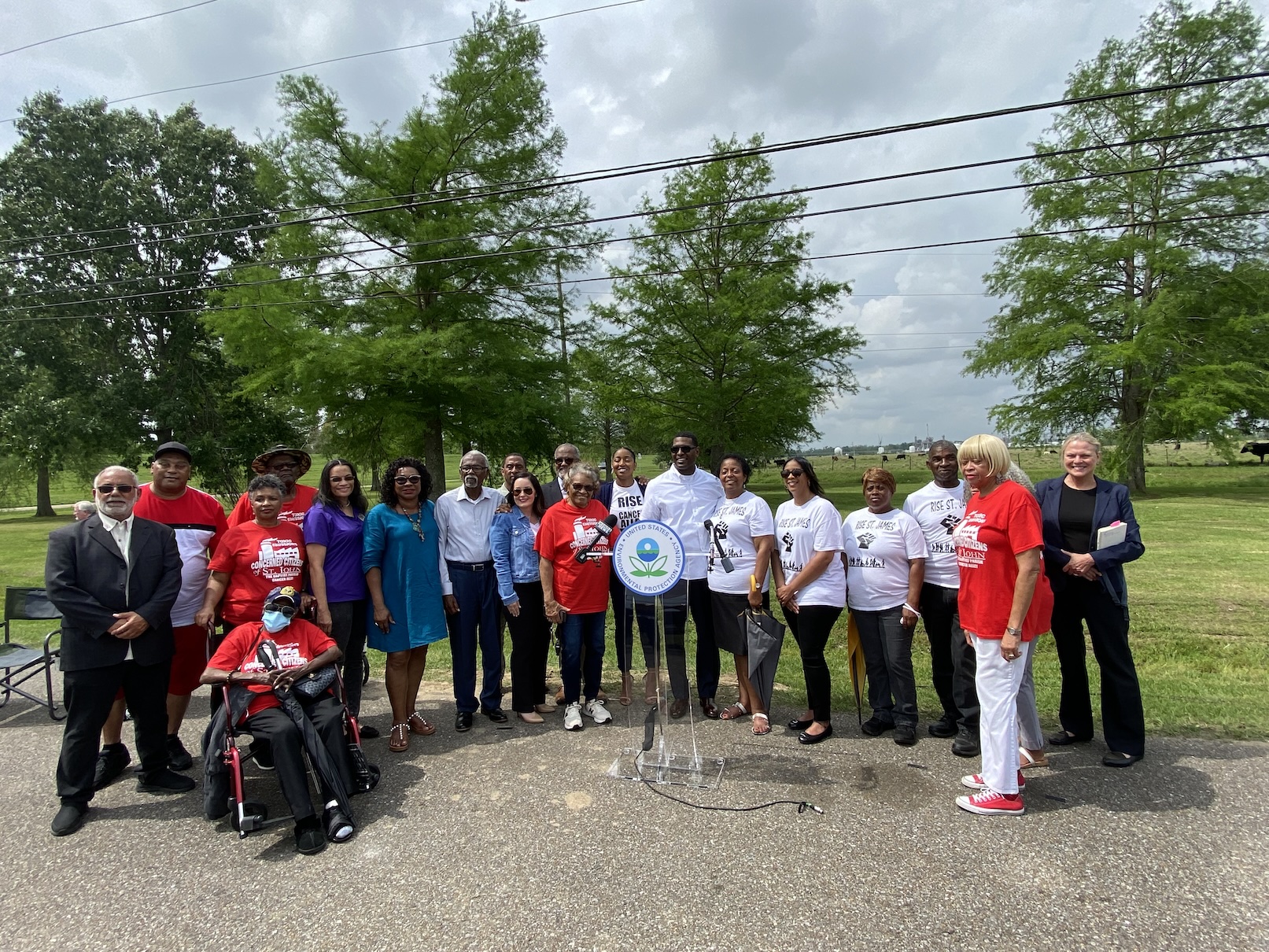
NavigateNOLA is the social and emotional wellness division of the Deep South Center. Navigate NOLA social workers provided direct support and serve as change agents themselves, while also providing training and professional development to social workers across the city, creating new cohorts of change agents equipped to shift policy, culture, and practices in their own schools.
The Center also is home to the National Black Environmental Justice Network.
NBEJN is a national coalition of environmental justice organizations and activists of African descent. Founded in December 1999 and relaunched in August 2021, NBEJN currently boasts over 50 individual members and over 30 member organizations committed to fighting for climate and environmental justice at the grassroots level.
